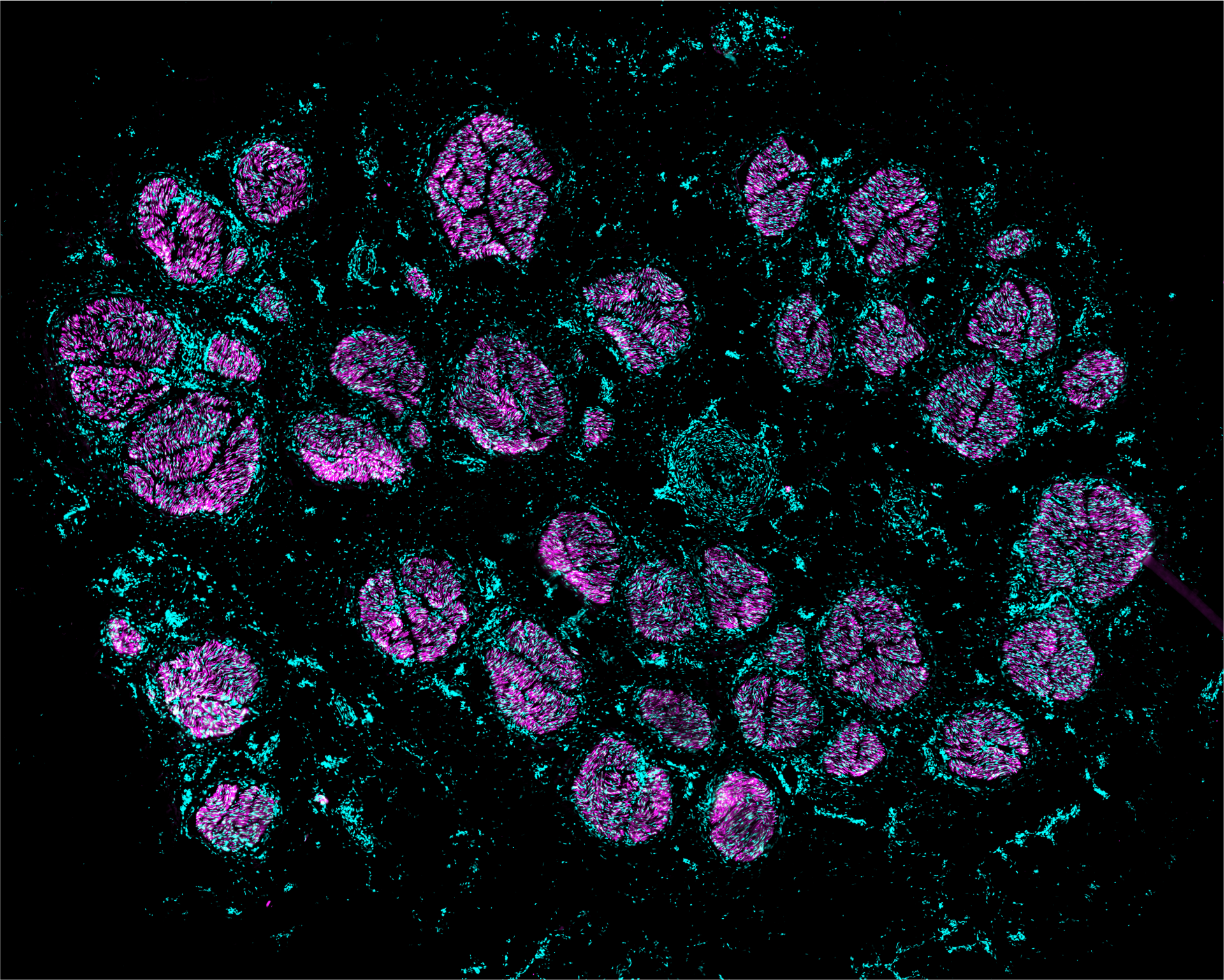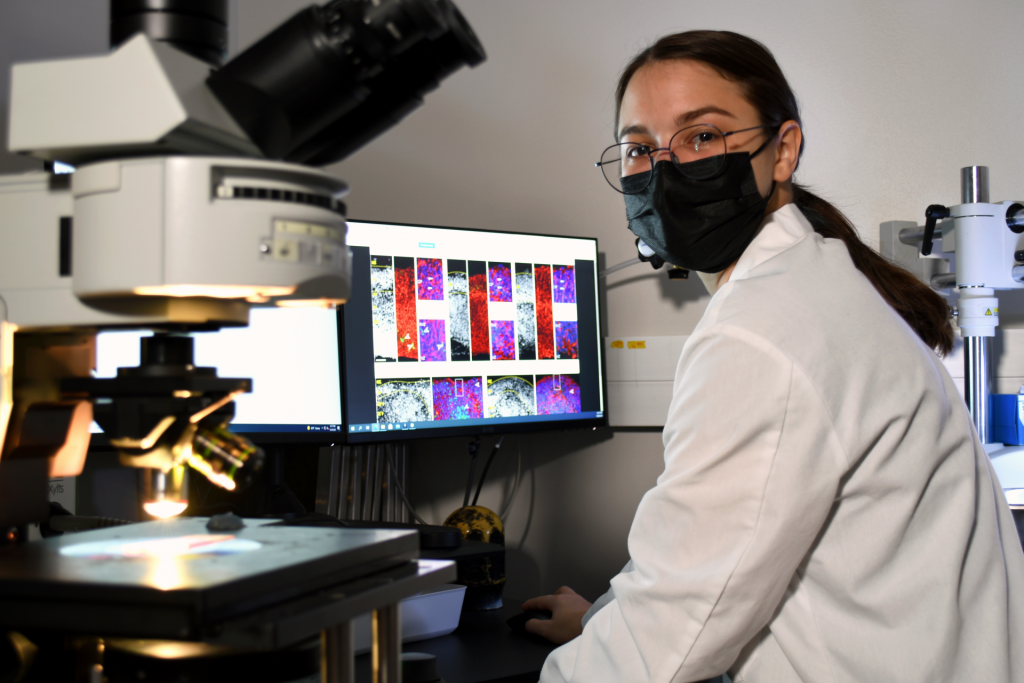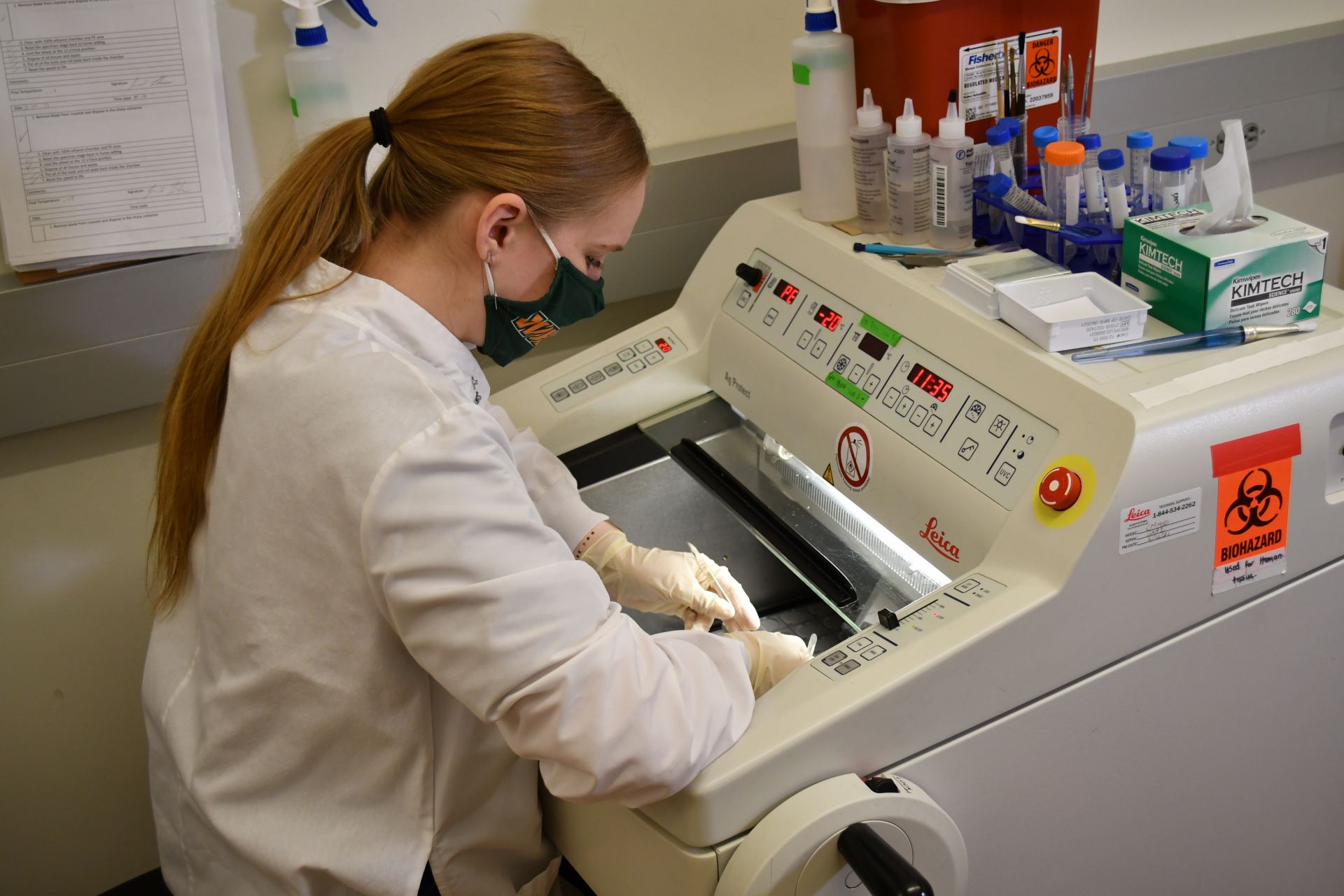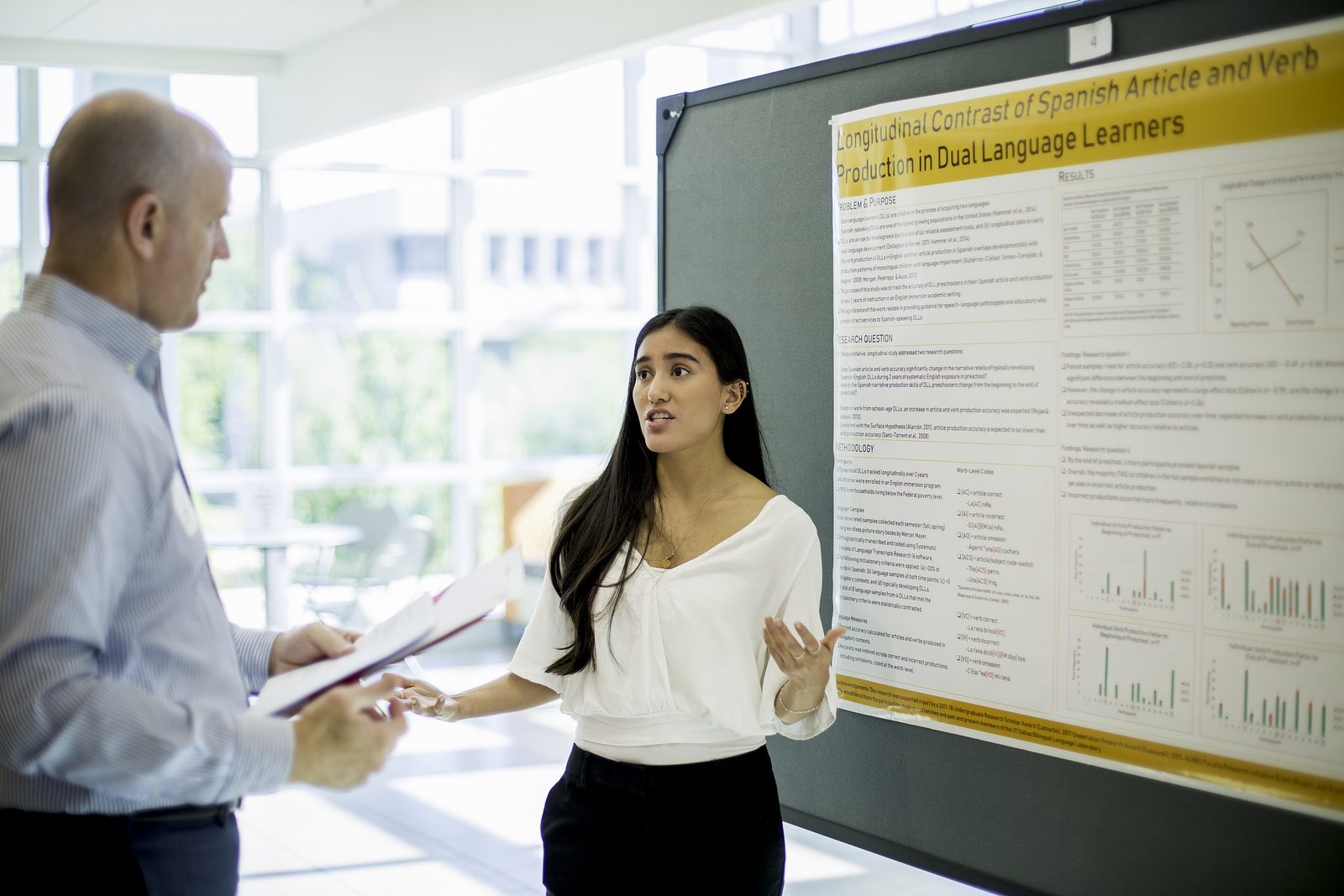
The Maximizing Access to Research Careers (MARC)
Undergraduate Research Program at UT Dallas
Program Description
The Maximizing Access to Research Careers (MARC) Program is a National Institutes of Health (NIH) three-year paid scholarship that will provide students with year-round biomedical research experience opportunities and mentorship.
There is a deficit in access to undergraduate research opportunities for many students. Students are less likely to participate in research because they have not received formal laboratory training work, know less about biomedical research careers, and are less likely to afford to volunteer for research.
The goal of this program is to directly combat these obstacles to create an environment where all populations can flourish in our existing strong biomedical research atmosphere.
To prepare our MARC fellows for multiple areas of graduate research studies, we have included significant course-based training opportunities to complement lab research and entrepreneurship programs.


Research Skills
Students will take an Intro to Biomedical Research Skills course and will receive a mentored research experience in a faculty lab.

Mentorship
Students will receive a full mentorship experience that includes faculty research mentorship, career mentorship and near-peer mentorship.

Career Building
Students will build the necessary skills to continue to graduate education and a career in biomedical research towards a Ph.D. or M.D./Ph.D.
Program Components
- Introduction to Biomedical Research Skills Course in the fall (three hours/week, 15 week course)
- MARC Dinner (once per semester)
- MARC Lunch Discussions (once per month)
- Career Mentoring Meetings (once per month)
- Mentored Research in Laboratory
- Weekly Lab Meetings
- Biweekly Mentor Meetings
- Summer Mentored Research in Laboratory at UT Dallas and at Another Research University
- “Tools for Research” Series
- Seminar Series
- Responsible Conduct of Research Training
- UTDallas’ Undergraduate Research Symposium (Spring)
- UTDallas’ Summer Platform for Undergraduate Research (SPUR) Symposium (July)
- Travel to National/International Conference
Program Funding
Eligibility
The MARC program from the NIH is designed to support the success of undergraduate researchers who many not otherwise be able to participate in research based on historical data. These groups include ethnic and geographic groups, individuals from economically underserved backgrounds, first generation college students, and individuals with disabilities. However, all individuals regardless of background are welcome to apply and all admissions decisions are made blinded to race, ethnicity, religion, and gender consistent with state and federal law.
All applicants must meet the following eligibility requirements:
- Be an undergraduate student at UT Dallas for another three academic years (2024-2027), which could include current first-year students at the time of application (i.e. rising Sophomore for Fall 2024) as well as incoming transfer students to UT Dallas
- Be in good academic standing at the time of application and enrollment in the program
- Be committed to a career in research including the plan to apply for and enroll in a PhD program in biomedical research
- Be available during each fall and spring semester for 10-15 hours per week paid research on UTDallas’ campus (2024-27)
- Be available during summer 2025 and summer 2026 for full-time (30-40 hours per week) paid research
Program Application
Complete applications are due March 1, 2024. Letters of recommendation are due by March 8, 2024.
The application will consist of the following:
- A maximum 1000-word statement of purpose that addresses the following prompts:
- Describe the specific type of biomedical research that you are interested in (biology, chemistry, neuroscience, bioengineering, etc) as a career?
- What life experiences have you had that could contribute to working in a research lab (including any previous research experience – if applicable)?
- Why you are specifically interested in pursuing a PhD and a career in biomedical research?
- Describe your current extracurricular activities (clubs, sports, jobs, volunteering, etc). What experience have you gained from those extracurricular activities that you think suits you for success in a group research environment?
- Identify factors from your past and present experience that demonstrate your ability to use problem-solving to overcome a barrier (financial, physical, mental, technical, social).
- Two letters of recommendation (at least one from an instructor of a science course or laboratory course).
- Please read the page about recommendation letters before requesting individuals write letters on your behalf.
- Note: You are going to simply include the contact information for your letter writer (name, relationship, email) and we will send them the request (but you should ask them before so they are prepared for the request).
- Curriculum vitae (see Curriculum Vitae Hints for templates and instructions).
- A description of how you currently pay for tuition at UT Dallas (this is a series of questions on the online application).
Application Review Process
Applications will go through multiple review rounds. Generally, applications will be reviewed on the following criteria.
- Personal desire to pursue a career in biomedical research towards a pursuit of a PhD
- Personal qualities which would help applicant succeed in a research laboratory.
- Evidence of community-minded approach and time-management (e.g., extracurricular involvement).
Final applicants will be interviewed (by virtual or in-person interview) by at least one director prior to acceptance. The purpose of the interview is to assess the excitement of the student, determine if there are any questions or concerns, and determine fit for the program.
*Tuition Remission: Tuition and fees are covered at 60% of the Texas in-state rate and are based, in part, on a student’s current financial aid